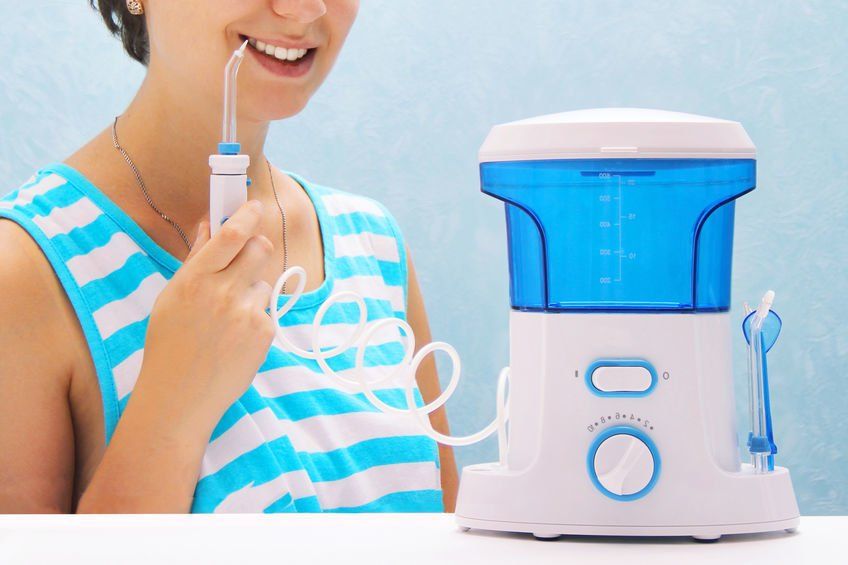Are Water Picks A Good Investment?
- By Mary Marks
- •
- 16 Apr, 2020
- •

Also known as oral pulsating irrigator, a water pick is a device which cleans your teeth by aiming water at them. Although they can help reduce gum bleeding and gum diseases in general, water picks cannot replace the actual tooth brushing process.
Despite the fact that
they do not remove the plaque and film on your teeth, water picks certainly
helps reducing the amount of bacteria even in the areas located below the gum
line. The need to visit
Denver sedation dentistry for a deep cleaning
beneath the gum line is still necessary.
Water picks can also be a good idea for people who wear braces or have bridges between teeth. However, they can only be used at home or in spaces where you have access to water and electricity.
All in all, water picks can be a great investment especially in case you have gum issues such as bleeding or sensitivity, in case you have some dental work in your mouth that can make traditional flossing difficult, or if your condition does not allow you to hold the flossing string in your hand.
In conclusion, the decision to invest in water picks is really a matter of personal preference and practicality. Despite the fact that they are easier to use than the traditional flosses, they are often quite pricey.





Although oral sedation dentistry Highlands Ranch is one of the optionsavailable for managing anxiety and discomfort during oral surgery, you certainly do not need to use it all the time. As a matter of fact, the exact type of sedation or anesthesia that you receive during oral procedures may depend on various factors, such as the complexity of the procedure, your medical problems, as well as your doctor’s preferences.
There can be several different levels of sedation that can be used in oral surgery. Local anesthesia is one of them. This involves injecting anesthetic medication into the specific area where the surgery will take place. It numbs the area and is often used for less invasive procedures.
Oral sedation involves taking medication in the form of a pill to induce a state of relaxation and drowsiness. The patient is still conscious, but he/she may not be fully aware of the procedure. At any rate, sedation helps him/her get rid of anxiety.
In the case of intravenous sedation, medication is administered through a vein, which induces a deeper state of sedation than oral sedation. Patients may still be conscious, but they are less aware of their surroundings and may not remember the procedure.





